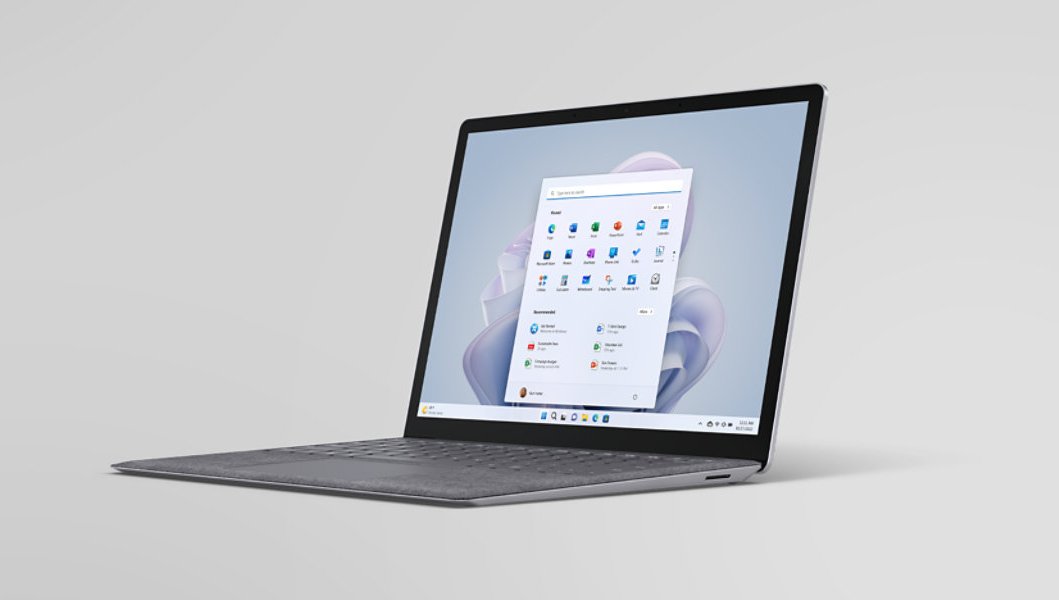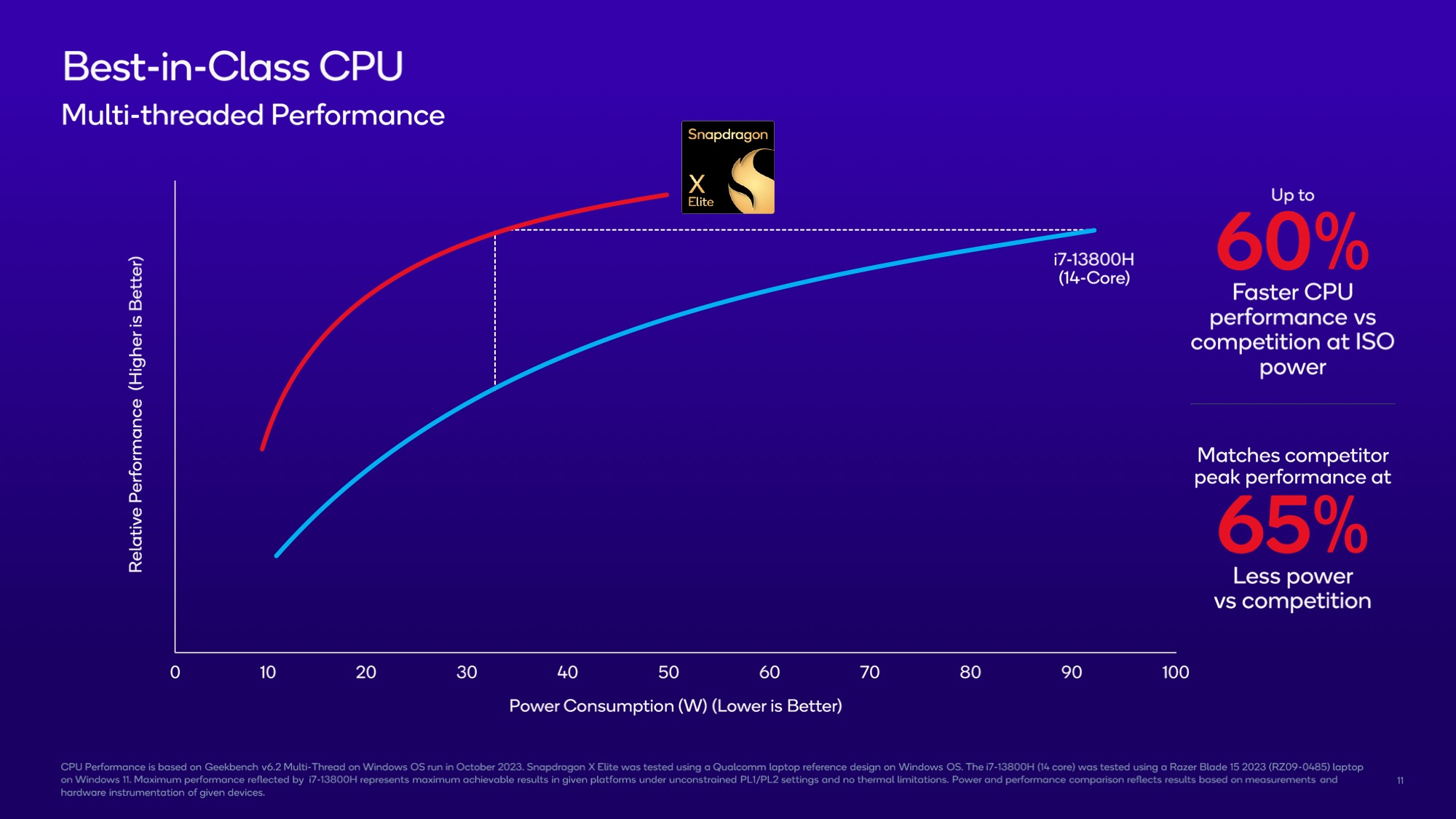Microsoft's new Surface laptops will be available with Arm CPUs in June
Meanwhile, Lenovo's new Arm laptop pops up in Geekbench.

Microsoft's Surface line of laptops is getting updated in the coming months and aside from the addition of OLED display tech, the big news is optional Arm variants of the new portable PCs. Windows Central reports that both the Surface Pro 10 tablet and the Surface Laptop will be updated later this month with Intel's Meteor Lake CPUs. The Surface Pro 10 will also get an OLED screen.
However, the really radical revision comes in June when both products will be offered with Qualcomm's Snapdragon X Elite Arm CPU. It will be the first time that the Surface Laptop has been offered with an Arm chip.
As we've highlighted previously, the Qualcomm Snapdragon X Elite is being pitched as the first truly high-performance Arm CPU for Windows PCs. Apple has proved that Arm-based CPUs can compete with traditional x86 chips from Intel and AMD for raw performance. But existing Arm chips in Windows devices have been based on ultra-low power CPU core designs that haven't expressly been designed to offer desktop-class performance.
In theory, Qualcomm's Snapdragon X Elite chip changes that courtesy of 12 high-performance Arm cores and performance that's claimed to be in the same rough ballpark as both Apple silicon and the latest x86 CPUs for laptops.
Whether Intel or Arm, the new portables are expected to bring dramatic improvements in battery life, with true all-day operation possible. The Surface Laptop is also said to be subject to an extensive design overhaul with slimmer screen bezels, a haptic touchpad, improved port selection including a pair of USB-C sockets, and, inevitably, the addition of Microsoft's dedicated Copilot button on the keyboard.

Of course, Microsoft's Surface machines won't be the only devices to get the new Qualcomm chip. A whole raft of new Windows laptops with the new CPU are expected to arrive this year.
One such device looks set to be a laptop from Lenovo which has popped up in the Geekbench results database. Registered as the Lenovo 83ED, it has logged some fairly disappointing scores compared with Qualcomm's claims, with 1,628 points in Geekbench 6.2's single-core test and 11,392 points in multi-core.
Keep up to date with the most important stories and the best deals, as picked by the PC Gamer team.
Qualcomm has claimed the chip will be capable of 2,777 single-thread points and 14,056 multi-thread at 23 watts and 2,966 points and 15,239 points respectively at 80 watts. The Geekbench data seems to have some anomalies in terms of operating frequencies, so the results probably aren't representative of what the X Elite chip will ultimately be capable of.

Best CPU for gaming: The top chips from Intel and AMD.
Best gaming motherboard: The right boards.
Best graphics card: Your perfect pixel-pusher awaits.
Best SSD for gaming: Get into the game ahead of the rest.
But we'll know soon enough as there will almost certainly be a slew of laptops with Qualcomm's new supposed x86 killer available this summer. One remaining question is how well the new combination of Windows and Qualcomm's CPU will handle legacy x86 code.
Apple has managed that transition particularly well with its silicon. But then it controls the entire stack of hardware and software and needs only to get everything working well on a relatively small number of devices. The Windows ecosystem is much busier and messier, for better and worse, so it will be interesting to how well this new Qualcomm-powered generation of Windows on Arm devices performs for not just native Arm code but also emulating legacy x86.
Their success—and the future of the whole x86 versus Arm thing—could well hinge on the latter. Of course, even if x86 code in general runs well on the new devices, games will be a whole different, well, ballgame. A really interesting development would be an Arm PC with a powerful discrete GPU from the likes of Nvidia or AMD. Watch this space.

Jeremy has been writing about technology and PCs since the 90nm Netburst era (Google it!) and enjoys nothing more than a serious dissertation on the finer points of monitor input lag and overshoot followed by a forensic examination of advanced lithography. Or maybe he just likes machines that go “ping!” He also has a thing for tennis and cars.

